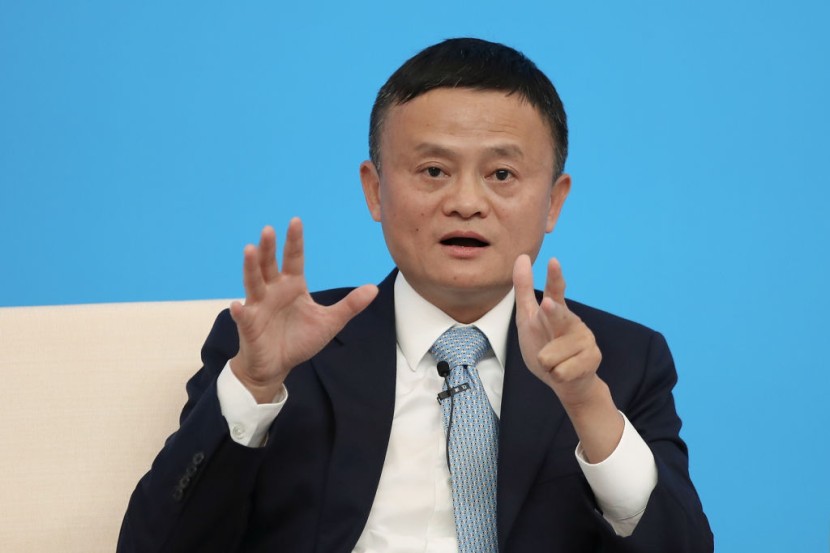
Months after Alibaba founder Jack Ma's crackdown, China on Friday declared plans to increase the overseeing of the nation's huge financial technology (fintech) sector and bolster its anti-monopoly drive. Beijing has in the past few months looked to rein in its booming fintech companies to address a concerning debt mountain in the country. They also deflated the ambitions of high-flying business leaders considered to have stepped out of line with the Communist Party.
Jack Ma's Crackdown Effects
In nearly 40 years, China has significantly opened up its economy and became one of the globe's primary growth engines. President Xi Jinping is now implementing pioneering plans to advance ahead of rivals by turning his nation into a digital powerhouse.
However, Xi's drive advancing toward tech dominance is being threatened by an unprecedented speed bump: China's imposed crackdown on Jack Ma's business empire. The sudden fall from the success of the Alibaba Group Holding Ltd. co-founder has cast concern over parts of China's technology sector, said local entrepreneurs and venture capitalists. This is notwithstanding Xi preparing to pour trillions of dollars into making China self-sufficient from semiconductors to software, reported NDTV.
Beijing recently looked to rein in its bolstering financial technology companies to address a concerning debt mountain in the country. This is simultaneous with deflating the ambitions of high-flying business leaders regarded to have stepped out of line with the Communist Party. Policymakers are becoming increasingly worried regarding its $53 trillion financial industry and have clamped down on some areas, including property loans and peer-to-peer lending, reported ABS-CBN News.
A draft plan on Friday for development from 2021 to 2025 indicated China would "steadily develop fintech." This is while advancing in areas including risk evaluation for applications of tech and financial innovation. Officials would also navigate into building a "correction and suspension mechanism" for inventive products.
According to one startup founder in Ma's home province of Zhejiang, he no longer anticipates Alibaba-size success, worrying the risk of unwanted government attention. Another remarked he had stopped speaking in public and is looking to focus on expanding his robotics business abroad.
Officials are also looking to navigate building a "correction and suspension mechanism" for innovative products. According to Premier Li Keqiang addressing the National People's Congress, increased supervision on fintech and financial holding firms was targeted at ensuring financial innovation is conducted under "prudent regulation."
According to Li, "We will improve the mechanism for managing financial risks... and ensure that no systemic risks arise. Financial institutions must uphold their duty of serving the real economy," reported The Manila Times.
A venture capitalist who has supported dozens of startups stated the Ma saga would make entrepreneurs less forceful. This is particularly those who compete against state-owned companies. They requested anonymity to voice out freely regarding a politically sensitive subject.
A round of measures has been introduced in the past few months to curb the power of China's fintech giants. This involves tougher checks on payments and credit scoring while imposing new rules on online microlending. The largest casualty of Beijing's crackdown is Alibaba's fintech arm Ant Group. It had a record-breaking $35 billion Hong Kong-Shanghai initial public offering pulled from under it at the end of November.
Related Article : Jack Ma of Alibaba Suspectedly Missing For Two Months








